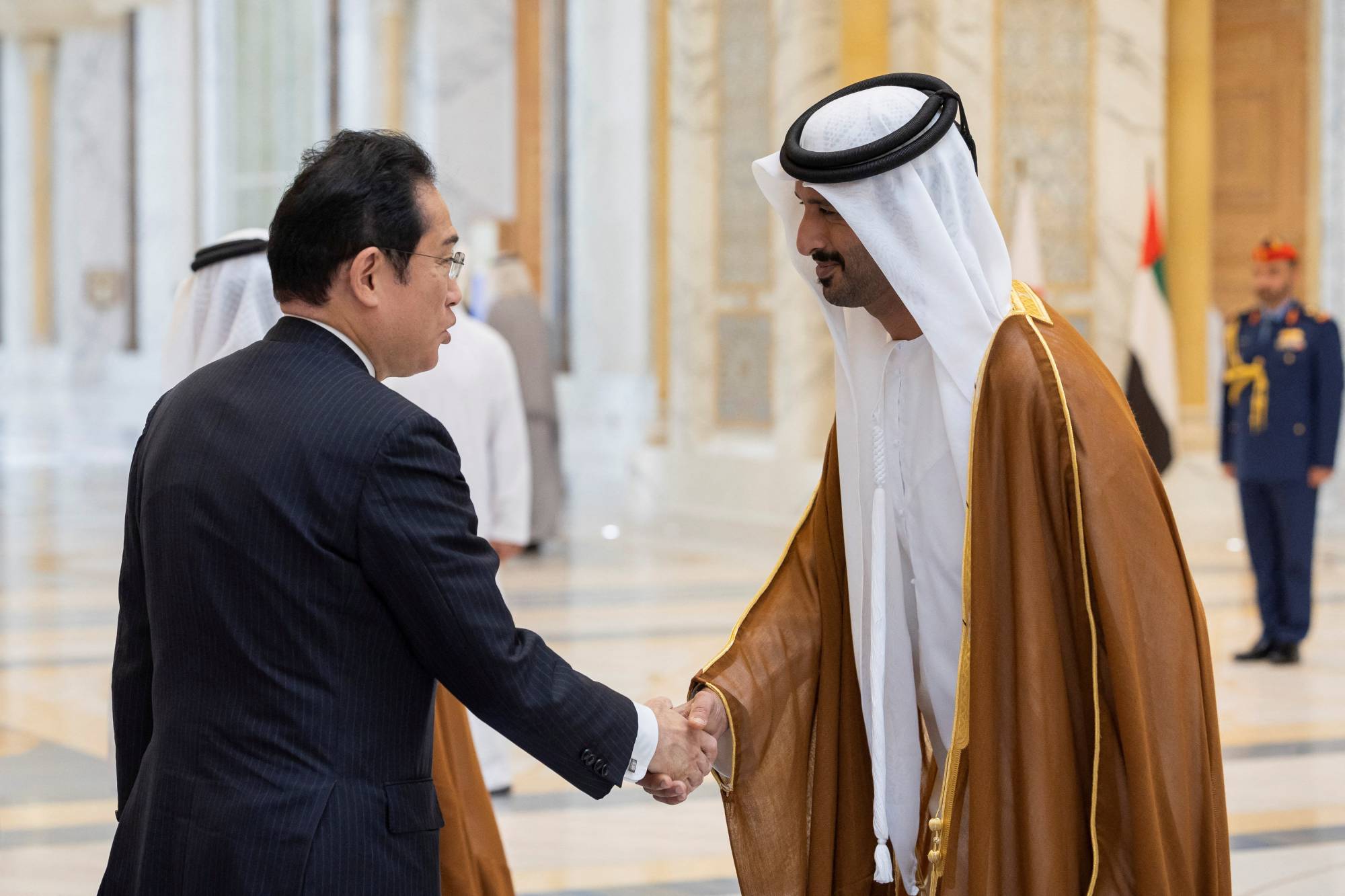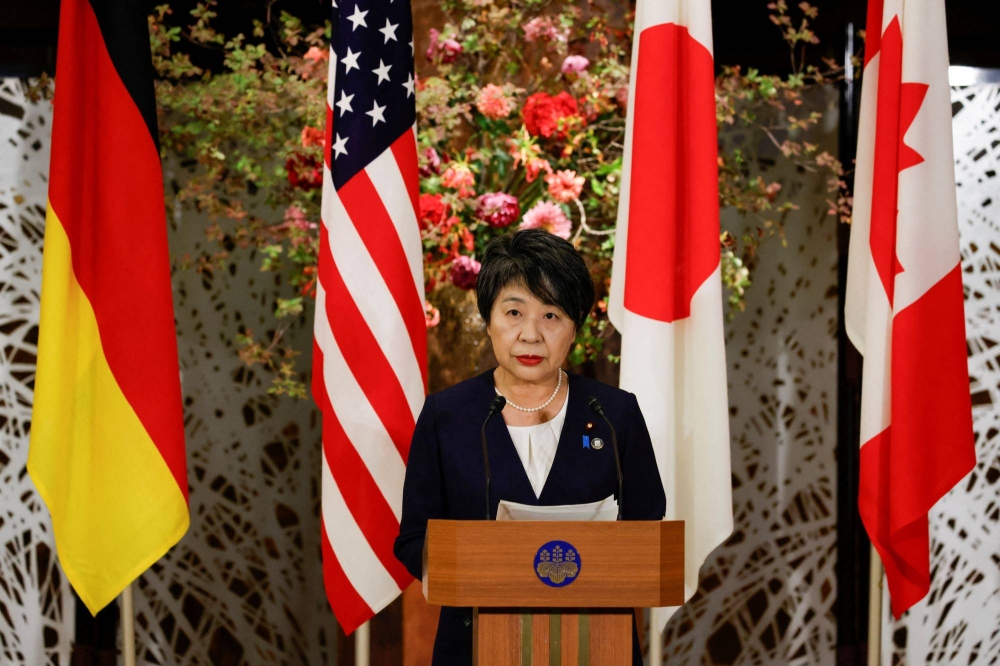The Center East is a decisively significant locale as a significant unrefined petroleum supply wellspring of the world. Specifically, Japan not just depends on the district for almost 70% of its raw petroleum needs yet additionally has incredibly close relations with Center East nations as its exchange accomplices and host nations of its venture.
Notwithstanding political issues, for example, the Iran-Iraq struggle, the Center East harmony issue, the Lebanon struggle and psychological warfare in numerous sorts, the district faces different social and monetary hardships brought about by quick financial development, falls in monetary incomes with regards to bring down unrefined petroleum costs, and different elements.
These issues bear close looking as they would become undermining factors in the district and an effect on the global society overall thus. As we have alluded to the Iran-Iraq struggle and the Center East harmony issue previously (Section II. Area 1-2), we will address other significant advancements in the district.

One of the remarkable advancements in political relations among Middle Easterner nations in 1987 was the Uncommon Bedouin culmination meeting, or the alleged Amman highest point held in Amman, Jordan, toward the beginning of November. As expressed previously (Part II, Segment 1-2), the gathering was met to talk about advancements in the Iran-Iraq struggle and the danger it postures to the Persian Bay nations.
On account of the difficult endeavors made by Jordanian Lord Hussein, delegates of the relative multitude of 21 Bedouin Association part countries, including the PLO however barring Egypt whose enrollment was being suspended, partook in the gathering, which was likewise named the culmination for understanding and arrangement. Among the agents, there were 15 heads of state.
The announcement embraced toward the finish of the culmination addressed the Iran-Iraq struggle and the Center East harmony issue and expressed that political relations between any Middle Easterner.
Association Part State and Egypt, which had cut off strategic relations with other Bedouin nations in light of its nonaggression treaty with Israel, is a sovereign make a difference to be chosen by each state as per its constitution and regulations.
Right after the reception of the statement, numerous nations continued conciliatory relations with Egypt. By Walk 1988, all the Middle Easterner countries, barring Syria, Algeria, Libya and Lebanon did as such.
Elections in Egypt and Turkey, Change in Political Power in Tunisia
In 1987, Egypt and Turkey, two of the significant countries in the locale, held mandates for administration and general decisions, separately. In both, officeholders arose triumphant, further merging currently stable systems. Then again, President Bourguiba who had ruled Tunisia for a considerable length of time since its freedom ventured down.
In the decisions for Individuals' Gathering held in April of that year, the decision Public Progressive faction took a greater part of more than 66% of the seats challenged, bringing about the solidification of the Mubarak system for the subsequent term.

The biggest homegrown issue that stood up to Egypt in 1987 was the means by which to oversee monetary strategies in a steady way against the foundation of its immense financial shortage and outside obligations. Egypt finished up a concurrence with the IMF in May on the stock of reserve credit and later arrived at an essential comprehension for obligation rescheduling at the Paris Club.
Simultaneously, Egypt went to such lengths as the rearrangements of the unfamiliar trade rates and a climb in open utilities charges as a component of measures to change its economy radically.
The Egyptian government communicated purpose it will keep advancing such a monetary change. For Turkey, the year 1987 denoted the advancement of its vote based arrangement in its endeavors toward its promotion to the EC. Turkey officially applied to turn into an EC part in April 1987.
A public mandate was held in September on whether to take heavyweight legislators off the rundown of the people who had been cleansed beginning around 1982 directly following an upset and a choice was made for the suspension of the cleanse just barely.
However this was not really in accordance with the public authority's desires, the decision Homeland Party, drove by Head of the state Turgut Ozal, took a larger part of more than three-fifths of the multitude of seats challenged, prevailing in its endeavors to get initiative for the country's political administration.
On November 7, 1987, State head Zine El Abidine Ben Ali turned into the new president, succeeding his ancestor Bourguiba whose rule went on for a long time since the nation's freedom.
The exchange of force was done based on established arrangements in light of the fact that the 84-year-old President Bourguiba couldn't keep playing out his obligations because of reasons of wellbeing. As it finished absent a lot of disarray, individuals in everyday upheld the initiation of the new president, while Middle Easterner and other significant nations valued the initiative reshuffle.
Situations in the Gulf Countries in Connection with Iran-Iraq Conflict
In 1987, Saudi Arabia and other Bay nations turned out to be firmly worried about the spread of the contention to the Bay area against the foundation of the prolongation of the Iran-Iraq struggle and expanded strains in the Bay. Hence their relations with Iran went on with strain.
The occurrence including Iranian travelers in Mecca was the most emblematic of such pressures. In this episode, a gathering of Iranian travelers who supposedly began political showings in Mecca regardless of the restriction request by the Saudi specialists conflicted with Saudi police, bringing about setbacks from 400 individuals or more and the weakening in relations among Iran and Saudi Arabia. In April 1988, Saudi Arabia broke political relations with Iran.
Moreover, Iranian rocket assaults on oil-stacking ports in Kuwait drove the Bay nations to see an improved feeling of emergency in regards to expanded Iranian danger. Toward the finish of the Phenomenal Bedouin Highest point Meeting referenced over.
The Middle Easterner Association gave a statement to help Iraq and single out Iran for analysis unexpectedly. This addressed a shift to a firm stance position by the Bay nations that had attempted to keep an equidistant strategy versus Iran and Iraq however much as could be expected.












